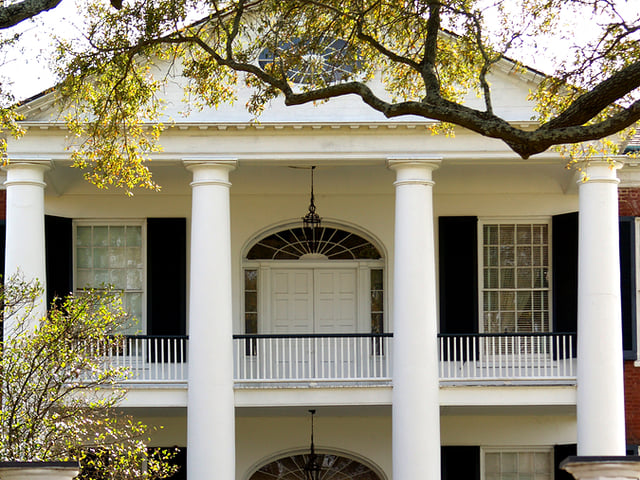
What Is an Estate and How Is One Formed?
Not Just Your Grandmother’s Old House…
When you hear the word estate, you might think of a plantation style property with a large house, several buildings, and a lot of land. Informally, this is true. However, in the field of real estate, this term holds a different meaning. In legal and financial terms, estate refers to everything of value that belongs to a person. This includes real estate (land and the buildings affixed to it), personal property (any possessions that are not attached to real estate), bank accounts, insurance policies, investments, rights, etc. Your estate is essentially the entire net worth of all your assets.
So, How Is an Estate Formed?
Estates are most commonly formed through the process of voluntary alienation. This is simply when someone voluntarily exchanges land. When these exchanges are made against someone’s desire, as in the case of bankruptcy, and they are forced to relinquish their property, it is called involuntary alienation.
Many estates are formed through the process of estate planning, which usually refers to the preparation of a will. Through estate planning, a person considers the value of everything owned and decides what will happen to it in the event of his or her death. How a person decides to divide property and who it will go to when are questions that are answered during the estate planning process. If a person dies without a will, descent is used to settle the estate. This is the process in which state law determines what is to be done with all possessions.
What’s a Beneficiary?
A beneficiary is a person who receives some or all of another person’s assets through the inheritance of property. Creating a will and evaluating one’s estate are usually considered some of the most important things an individual does in life.
All Estates Are Not Created Equal
There are three main types of estates: freehold, life, and leasehold estates.
Freehold estates
Freehold estates are characterized by ownership of real estate property and last for an indefinite amount of time.
Life estates
Life estates are basically the same as freehold estates but are limited to the life of the owner. (Freehold estates don’t necessarily have time limits.)
Leasehold estates
Leasehold estates outline the rights provided to a tenant through a lease agreement while the owner maintains ownership.
Pur autre vie estates
Pur autre vie estates are a special kind of estate. This French term means “for another life” and these estates are often established not for the owner’s lifetime, but for the duration of another person’s lifetime.
Are there Other Ways to Gain an Estate?
Most commonly, aside from voluntary and involuntary alienation, estates are inherited by a beneficiary through a will. But, there are other ways:
-
If a person dies intestate, or without a will, the estate will be handled by the government and law will determine what will be done.
-
Some states have dower laws, which outline that a spouse or child automatically inherits one’s property if the owner of the estate dies without a will.
-
Estates can be acquired through adverse possession. In this special case, you may place a legal claim on land and, after a matter of time, with certain conditions met, the land becomes yours. The basic thought with adverse possession is that if the original land owner is uninterested in the land and you are putting it to good use, then it is better for the community that you have full rights to it.
Keep these terms straight and you’ll have a good foundation for understanding the estates in real estate!

Keep Reading

Real Estate License Exam Blog
How Hard is the Texas Real Estate Exam?
Starting a real estate career in Texas is an exciting venture. One of t…

Real Estate License Exam Blog
What’s on the California Real Estate Exam?
The California Real Estate Exam is a critical step for anyone looking t…

Real Estate License Exam Blog
How to Do Well on the Georgia Real Estate Exam
The Georgia Real Estate Salesperson Examination is required by the Geor…